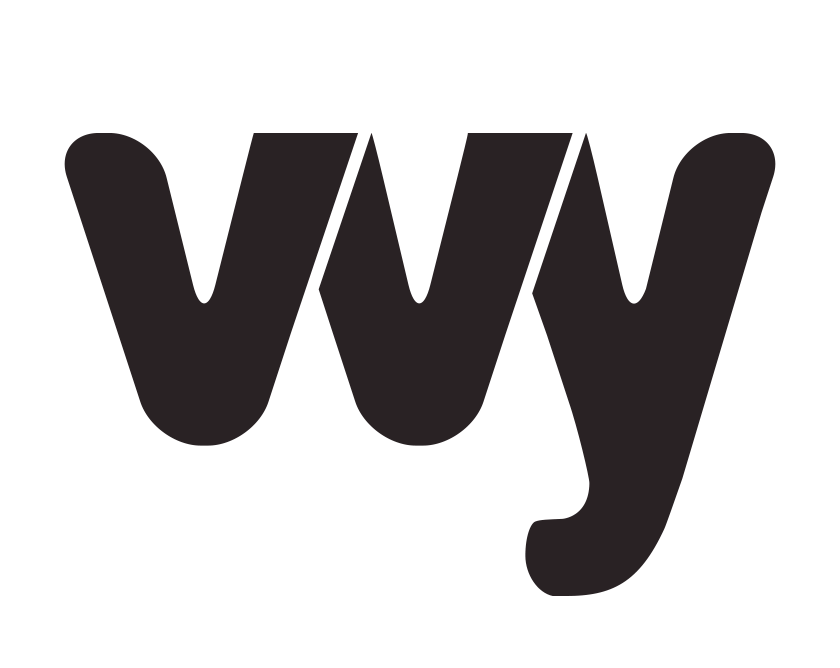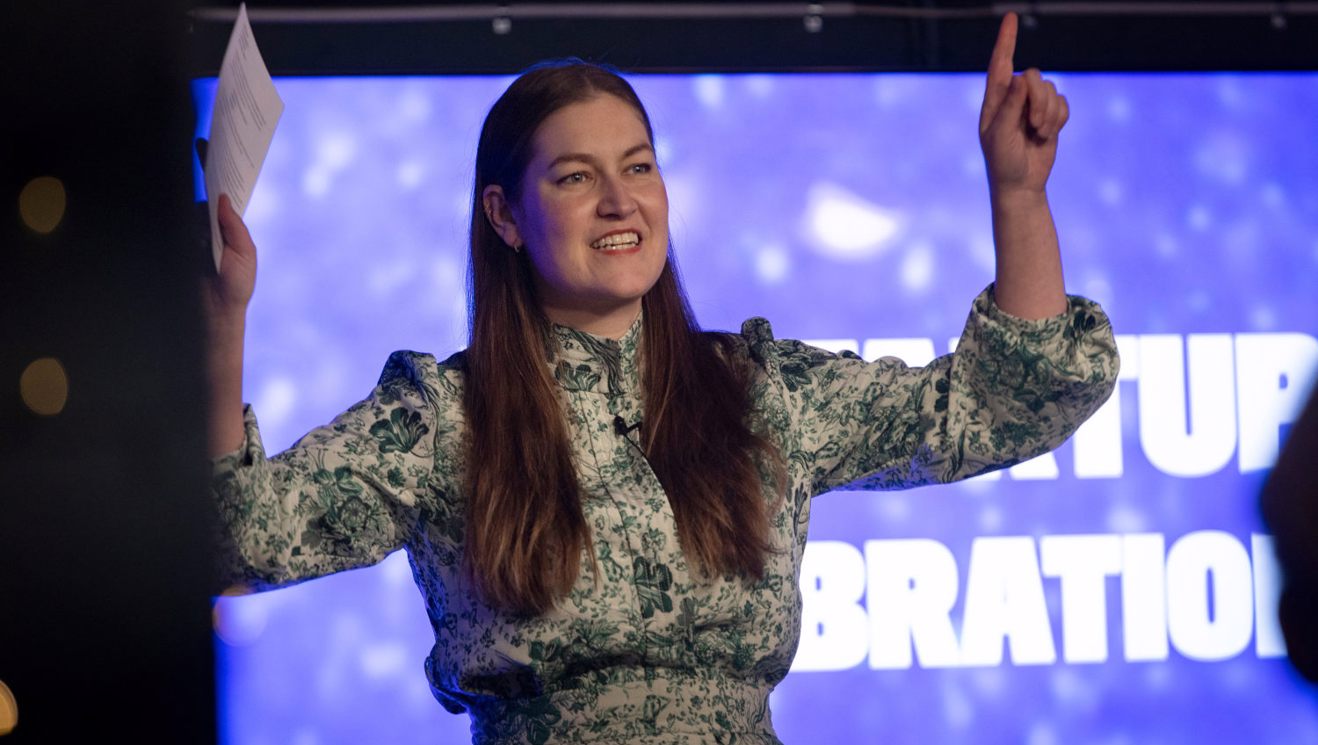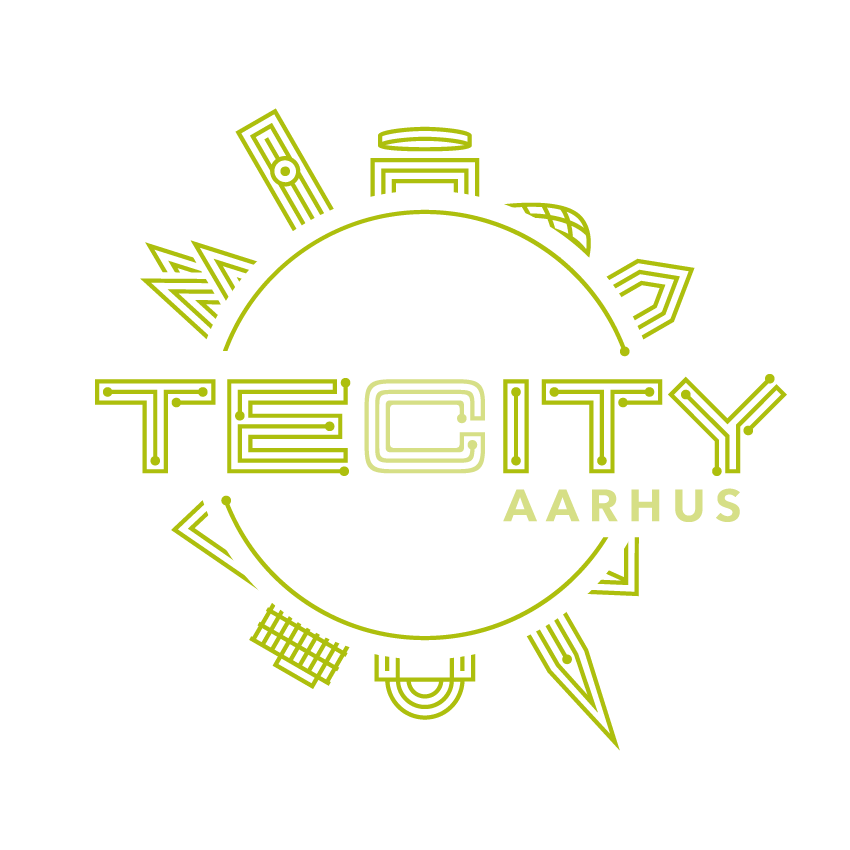Katja put the hard hours into her startup herself. Now she invests in overlooked impact founders


Age: 38
Lives in Aarhus
Has been an active angel investor since 2023
Career and experience: +10 years startup experience, startup advisor at The Kitchen, Aarhus University. M.Sc. Value Chains and Innovation Management.
Portfolio: Prduct, THE UPCYCL, Healper, Involved
Typical investments: 100,000 – 250,000 DKK
Investment focus area: Impact
Member of: Ada Ventures
What is your background for investing in startups?
I didn’t start as an investor, I started as an entrepreneur. My first “investment” was not money, but time and energy in my own startup anything. It was a classic sweat equity situation where you build something from scratch and learn all the hard stuff the hard way. Later, I joined THE UPCYCL, where I went in with both hands and head before I started investing financially with the money I brought from eachthing. Later I got the opportunity to invest through Ada Ventures as a more traditional angel investor.
Today, I work as an advisor for startups and research-based spinouts in The Kitchen at Aarhus University. I help them navigate everything on the commercialization journey. It feels like a natural extension of my own journey – I’ve been there myself and now I use that experience to help others. I also host the podcast ‘Investor Readiness’ on the ‘Podcasts from The Kitchen’ channel.
What can you contribute as an angel investor?
I don’t just bring capital, I also bring practical experience. I’ve built startups and worked in the environment for many years. It can be anything from cleaning up cap tables to thinking of a strategy for the next funding round. I understand the mechanics of scaling and I can help identify pitfalls before you fall into them.
I also have a strong network both in Denmark and through my work with Ada Ventures – and I actively use this to open doors, spar and match teams with the right people. I’ve been on both sides of the table, which gives me a realistic view of things.
What is the most interesting thing about being part of the ecosystem?
It’s the energy. It’s the hope, the dreams and the will to create something new that makes the world a better place. Investing isn’t just a job for me, it’s more like the way people feel about their hobbies. I love the informal conversations at town halls and pitch events, where you get to believe that the world will be a better place because there are so many talented people who are passionate about it.
And it’s meaningful. I feel like I’m making a difference – both for the individual founders and for the ecosystem as a whole.
How do you find your investment cases?
Ada Ventures aims to invest in underrepresented founders – including women, minorities, LGBTQ+ and people with disabilities who are too often overlooked in the traditional startup environment. I want to help change who gets access to capital. I used to think it was a problem when investors said they wanted to invest in people they wanted to have a beer with. But I understand and have accepted that it’s about investors wanting to have a beer, or something else, with a different kind of people than those who normally get the investments.
I invest very early – often in pre-seed or before that. At that stage, chemistry and trust are everything. I’m not looking for pointy shoes or perfect pitch decks, but for founders who have something to say and where I can feel that I can contribute.
How is your portfolio put together?
I don’t just care if it’s a good business. It has to be a business that I believe should exist. A company that does something better for people, society or the environment. And it has to have the potential to grow. I’m looking at early stages, but I want to see the possibility of this becoming a venture case.
I have a penchant for scalable B2B SaaS platforms because that’s where I have experience, but I look at anything that falls within my experience and interest. Being a civil engineer by training, I want to invest more in tech for the construction industry, but it’s also hard not to get bitten by spinouts and deeptech when you work with it on a daily basis.
How much do you typically invest?
As a starting point, my investments are between DKK 100,000 and 250,000. My first investment was pure sweat equity, and that was of course a completely different scale. But in terms of money, that’s the range I operate in today. I typically get in pre-seed or earlier, so these are smaller, but important, investments.
As a venture scout at Ada Ventures, I scout for the main fund and there can be a lot more money to be made – but it’s also a completely different game.
What is your role in the startups you invest in?
It depends entirely on the case. Sometimes I’m very active if I have a particular knowledge or relationship. Other times I’m more withdrawn, but I always expect some kind of communication and transparency.
I believe in a trust-based relationship. I don’t want to pull reports out of anyone, but I expect to be informed and involved when needed. This can be through monthly updates, KPI overviews and emails when they are dealing with something complex. I don’t have to interfere in the day-to-day, but I should be able to be involved when it makes sense.
What are the biggest red flags in a startup?
There are many, but it almost always starts with communication. If a founder responds slowly, sends messy or inaccurate emails, or shows up unprepared, I quickly lose trust. Unprofessional communication suggests a lack of overview, and this affects everything from product development to customer and investor management.
Another big red flag is founders who can’t collaborate. If they can’t attract and retain talented people around them, it almost doesn’t matter how good the idea is. Attracting talent is crucial, and that requires leaders you want to follow. If a founder can’t create an environment where people thrive and contribute, it won’t work for me.
What should the relationship be between founder and investor?
For me, it’s about honesty and trust. I prefer to be in a collaboration where the founder wants to involve me. Not because they have to, but because they want to and see value in it. If it becomes a struggle or if they don’t dare to share the hard things, it won’t work.
I fully understand that there may be situations where you don’t want to involve investors. But what I value most are honest conversations. And I like to be kept up to date, preferably monthly, so I can follow developments and offer help when it makes sense.
What does the perfect founder look like?
They have original insight. It can come from experience, research or real traction – but they need to know something others don’t and use it to build something that moves.
They need to be curious, willing to change and take responsibility. Of course, they need to be persistent and ambitious, but I don’t need them to be in the office 24/7. In fact, I want them to show that they can prioritize a balanced life. I know from my own startups that these are marathons, not sprints, so it’s important that they have support from home.
And they need to think scalable from the start. I invest very early, so I look for cases and founders that have the potential to grow.
Indlægget Katja put the hard hours into her startup herself. Now she invests in overlooked impact founders blev først udgivet på TechSavvy.
